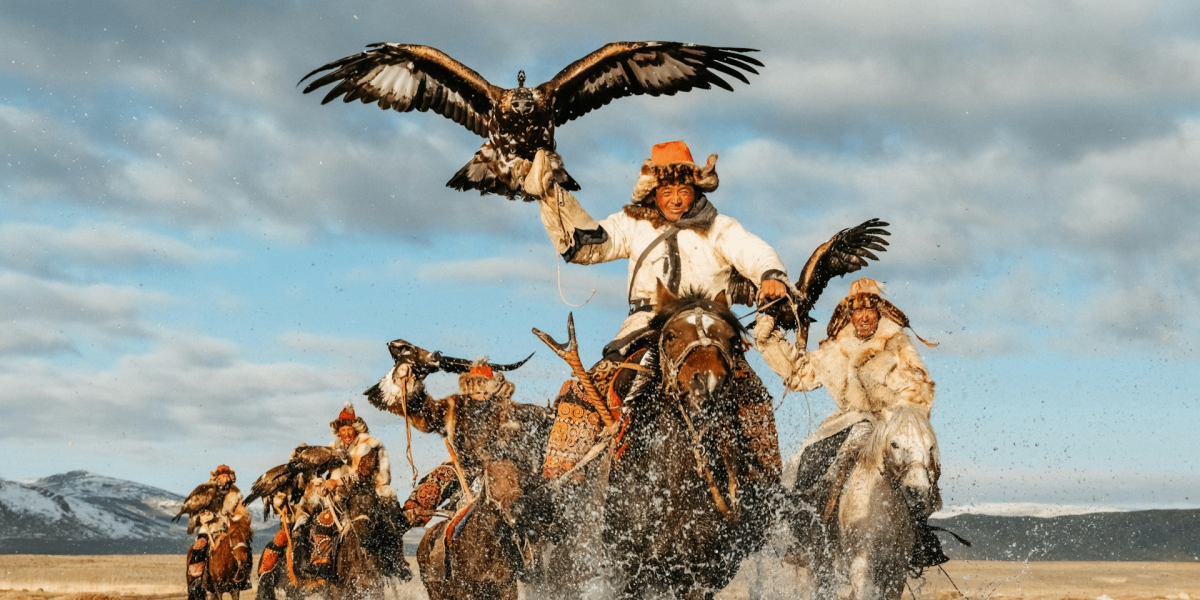The Mongols, often depicted as fierce warriors riding across vast steppes, hold a fascination that transcends time. But who were they really, beyond the tales of conquest and domination? Let’s delve into the world of the Mongols to uncover their history, culture, and legacy.
Origins of the Mongols
The story of the Mongols begins on the vast plains of Central Asia, where nomadic tribes roamed freely. These tribes, known for their expert horsemanship and skill in archery, formed the foundation of Mongol society. Over time, one tribe emerged as dominant—the Mongols, led by legendary figures such as Genghis Khan.
The Mongols, originally a confederation of tribes, gradually coalesced under the leadership of Temüjin, who later became known as Genghis Khan. Through a series of strategic alliances and military conquests, Genghis Khan united the disparate tribes of Mongolia, forging them into a formidable fighting force.
Rise of Genghis Khan
Genghis Khan, born Temüjin, rose from humble beginnings to become one of history’s most formidable leaders. Born into a noble family but orphaned at a young age, Temüjin faced numerous challenges and betrayals before emerging as the undisputed leader of the Mongols. Through a combination of military prowess, strategic alliances, and ruthless determination, he united the disparate Mongol tribes under his rule.
Under Genghis Khan’s leadership, the Mongols embarked on a series of military campaigns that would ultimately transform them into one of the greatest empires the world has ever known. From the steppes of Mongolia to the shores of the Caspian Sea, Genghis Khan’s conquests knew no bounds.
Mongol Culture and Society
Despite their reputation as conquerors, the Mongols had a rich and vibrant culture of their own. Nomadic by nature, they lived in portable felt tents known as yurts and relied on herding livestock for sustenance. The Mongols were also skilled artisans, producing intricate textiles, ceramics, and metalwork.
One of the most enduring legacies of the Mongols is their system of governance, which emphasized meritocracy and religious tolerance. Under Genghis Khan’s leadership, officials were appointed based on ability rather than hereditary status, fostering a sense of unity and loyalty among the diverse peoples within the Mongol Empire.
The Mongols were also known for their military innovations, including their use of composite bows, mounted archery tactics, and psychological warfare techniques. These innovations allowed them to outmaneuver and outmaneuver their opponents on the battlefield, securing victory after victory against much larger and better-equipped armies.
Mongol Conquests and Legacy
The Mongol Empire, at its height, stretched from the Pacific Ocean to the Mediterranean Sea, encompassing one of the largest contiguous land empires in history. The Mongols’ military campaigns reshaped the geopolitical landscape of Eurasia, facilitating trade and cultural exchange along the Silk Road.
Despite their reputation for brutality, the Mongols also left a lasting legacy of innovation and progress. They established a postal system known as the Yam, which facilitated communication and administration across vast distances. The Mongols also promoted religious freedom, allowing for the flourishing of diverse faiths within their empire.
The Decline of the Mongol Empire
Like all great empires, the Mongol Empire eventually succumbed to internal strife and external pressures. After the death of Genghis Khan, the empire fragmented into separate khanates ruled by his descendants. Infighting among the various branches of the Mongol royal family weakened the empire, paving the way for its eventual decline.
By the 14th century, the once-mighty Mongol Empire had disintegrated, leaving behind a legacy that continues to fascinate and intrigue to this day. Though the Mongols are often remembered for their conquests, their contributions to art, culture, and governance have left an indelible mark on the world.
Understanding the Mongols Today
In modern times, the legacy of the Mongols lives on in the cultural heritage of Mongolia and the surrounding regions. The descendants of the Mongols continue to preserve their traditions and way of life, honoring the memory of their ancestors.
Through archaeological discoveries, historical research, and cultural exchange, we continue to deepen our understanding of the Mongols and their impact on world history. As we unravel the mysteries of the Mongols, we gain insight into the complexities of human civilization and the enduring power of resilience and adaptation.
The Mongols remain a captivating subject of study, their influence reverberating through the annals of history. From their humble beginnings on the Central Asian steppes to their meteoric rise as conquerors of vast empires, the Mongols have left an indelible mark on the world. Through their military conquests, cultural achievements, and innovative governance, the Mongols have shaped the course of human civilization in ways that continue to resonate to this day. As we seek to understand the complexities of the past, the story of the Mongols offers valuable insights into the triumphs and tribulations of humanity’s collective journey.
















